The real 3,000-year history of humanist thought
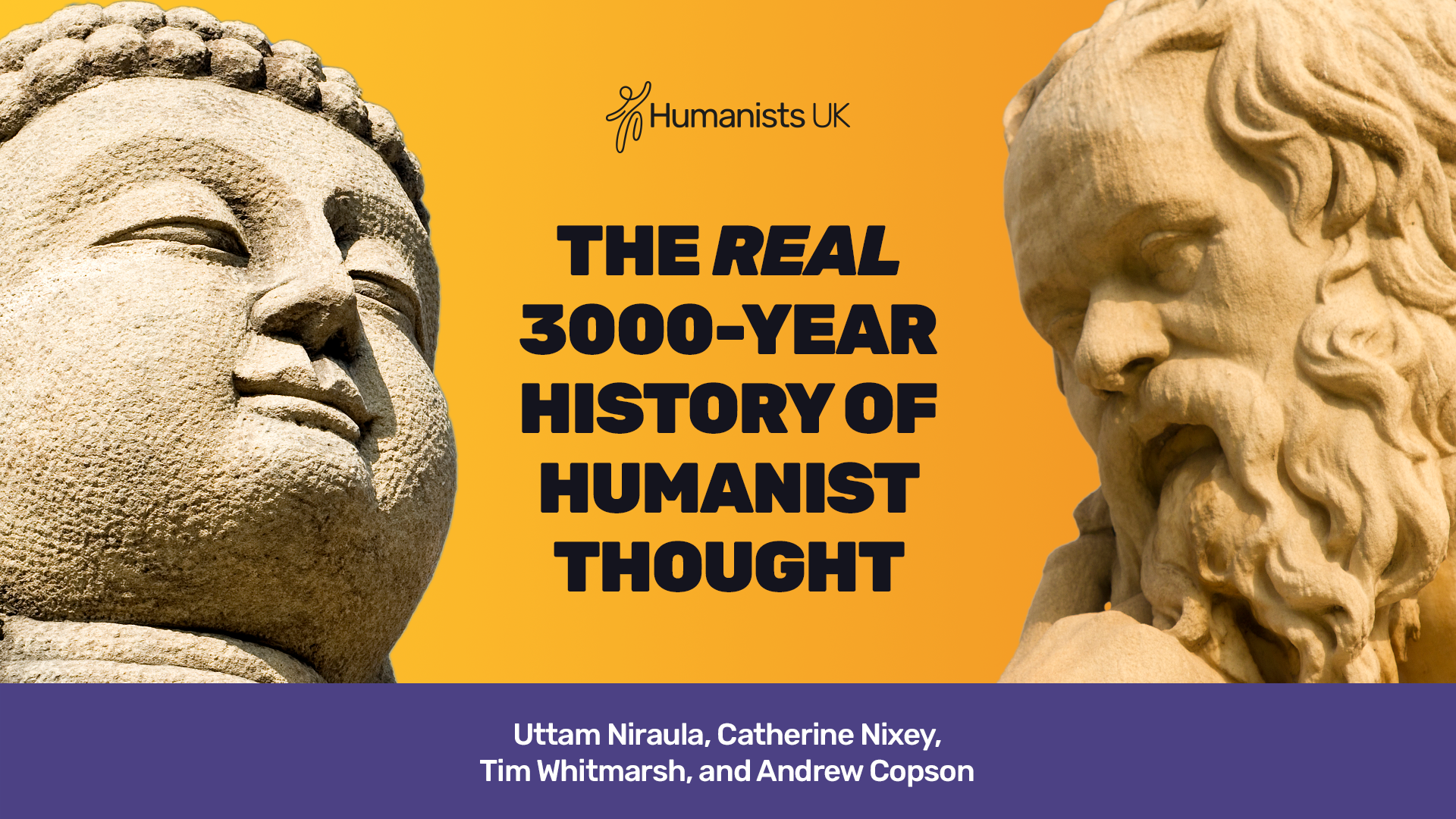
In the earliest human civilisations, there were many people whose approach to life was what today we could call humanist: think for yourself, act for everyone.
As far back as records go, there is ample evidence – some fragmentary, some extensive – of people who believed this was the only life we have, that human beings were the makers of their own fate, and that notions of gods were, at best, a distraction from the meaningful work of making a happy life among human beings. Historians can trace the lineage of this kind of thinking – ideas and approaches to life we now would group together as 'humanism' – through Western and Eastern philosophy, influencing politics, social movements, art, and even religions along the way.
At a time when many are pushing ahistorical claims that Christianity lies at the heart of British or Western or human values, or was otherwise exceptional or pivotal in the development of our species' understanding of right and wrong, we will be looking at the real history of humanist thought, from early Indian, Greek, and Roman sources, through Dark Ages, renaissances, and periods of Enlightenment, through to today's humanists, today's mainstream common sense, and the amazing stories on our Humanist Heritage website.
Join The Darkening Age author Catherine Nixey; founder of Society for Humanism Nepal, Uttam Niraula; and historian and A. G. Leventis Professor of Greek Culture Tim Whitmarsh for an exploration of the real 3,000-year history of humanism, chaired by Humanists UK Chief Executive Andrew Copson.
Our speakers
Uttam Niraula
For more than 14 years, Uttam Niraula has worked to promote humanism, human rights, good governance, civic space and culture within Nepal and on the global stage. From May 2016 until June 2022 Niraula served as a Board Member of Humanists International.
Uttam founded Society for Humanism (SOCH) Nepal in 2007. Niraula has been influential in promoting secularism in Nepal and the institutionalization of humanist values through participation in constitutional commissions and his work with parliamentarians. He has been a staunch campaigner against Witchcraft persecution as well as the persistence of harmful traditional practices in Nepal, engaging with a range of mechanisms including the UN’s Universal Periodic Review (UPR).
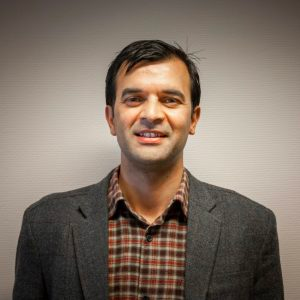
Catherine Nixey
Catherine Nixey is a journalist and author. She currently works as a writer at the Economist; her writing has previously appeared in The Times and the Financial Times, among others. Her first book, The Darkening Age, was published in 2017 and was an international bestseller, was translated into 12 languages, and won a Royal Society of Literature Jerwood Award and the Morris D. Forkosch Book Award from the Council for Secular Humanism.
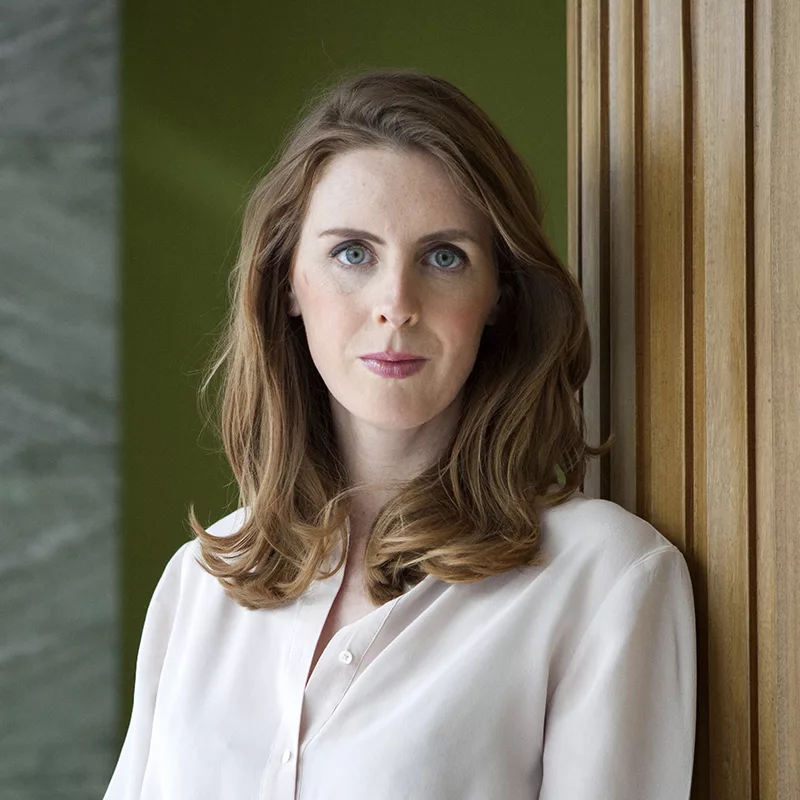
Tim Whitmarsh
Tim Whitmarsh is the A.G. Leventis Professor of Greek Culture at the University of Cambridge. A well-known specialist in the civilisations of ancient Greece and Rome, he has a appeared on BBC radio and TV, and the written for the Guardian, Times Literary Supplement, London Review of Books, and Literary Review.

Andrew Copson
Andrew is Chief Executive of Humanists UK. He became Chief Executive in 2010 after five years coordinating Humanists UK’s education and public affairs work. Andrew is also current President of Humanists International.
He is the author of Secularism: A Very Short Introduction and, with Alice Roberts, The Little Book of Humanism, The Little Book of Humanist Weddings, and The Little Book of Humanist Funerals.

Online ticket
| Ticket | |
| Early Bird ticket | £6.00 |
| General ticket | £8.00 |
Location
United Kingdom
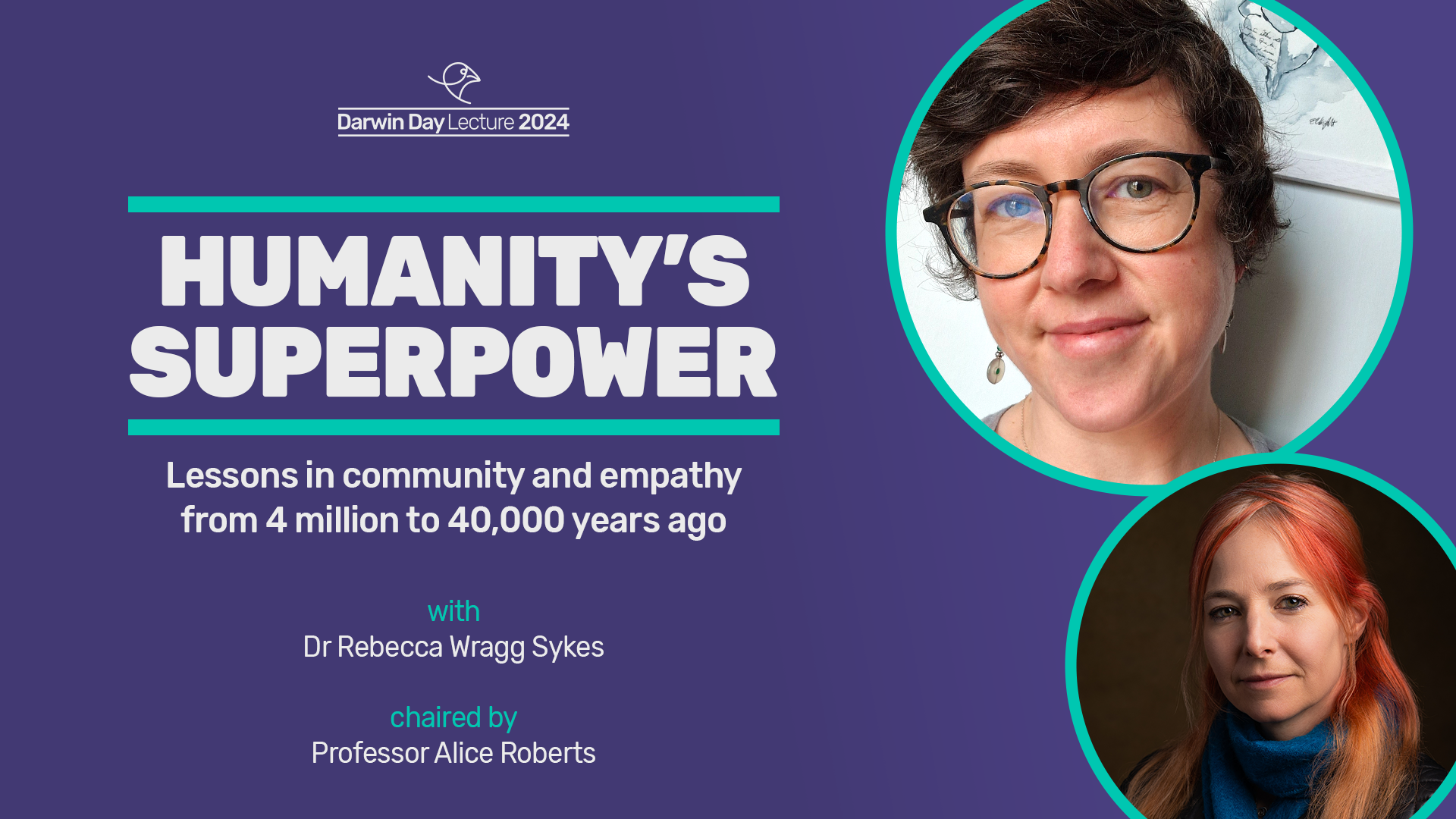
‘Humanity’s superpower’ | The Darwin Day Lecture 2024, with Dr Rebecca Wragg Sykes, chaired by Professor Alice Roberts
6 February 2024, 19:30
This event is now closed.
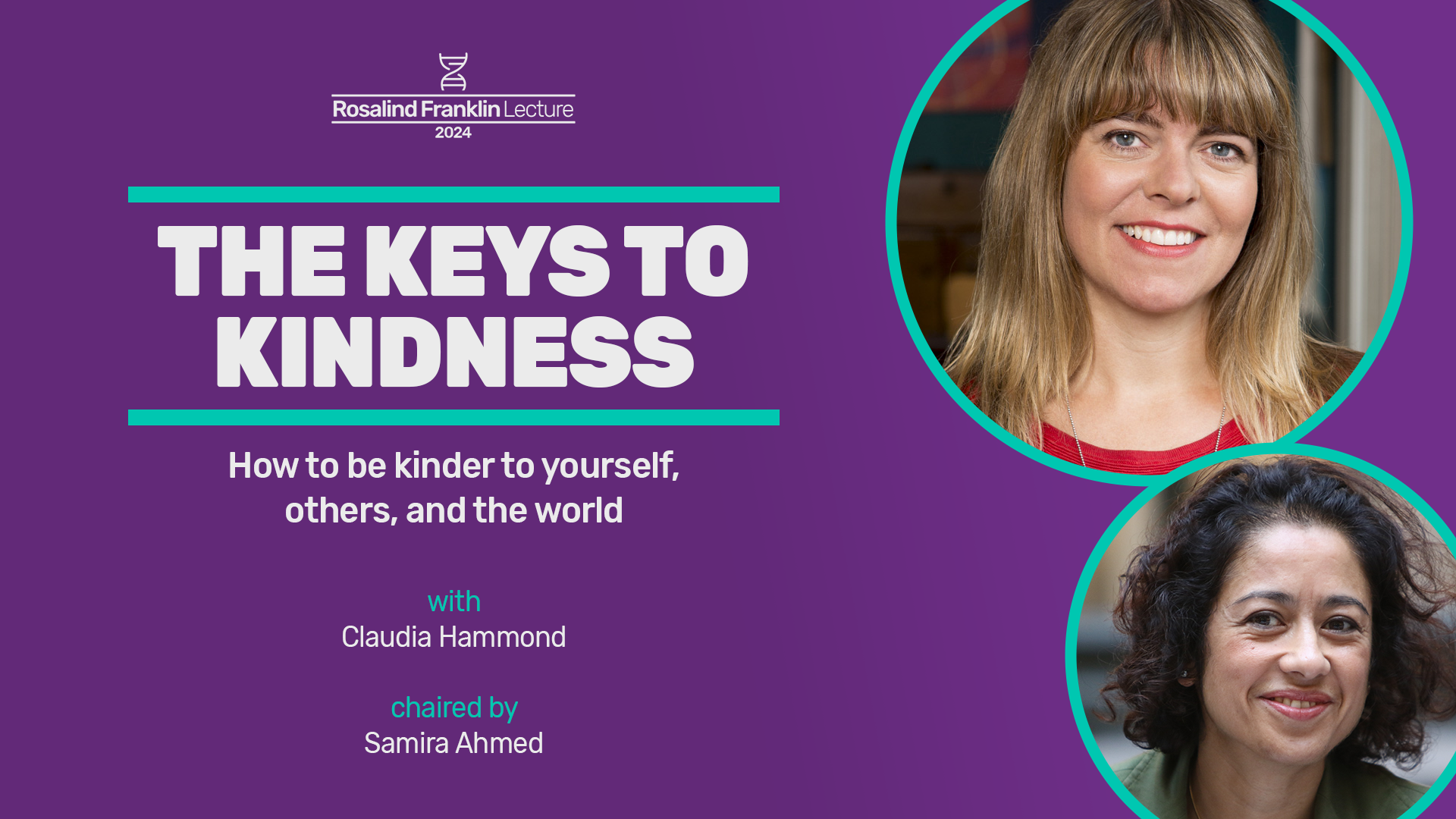
The keys to kindness | The Rosalind Franklin Lecture 2024, with Claudia Hammond, chaired by Samira Ahmed
4 March 2024, 19:30
This event is now closed.


